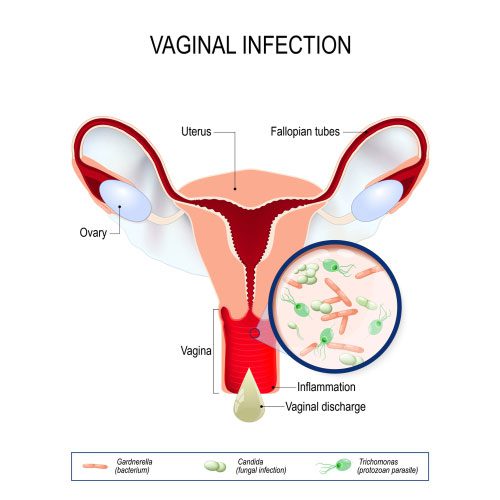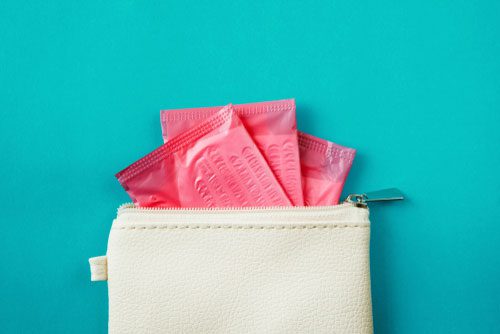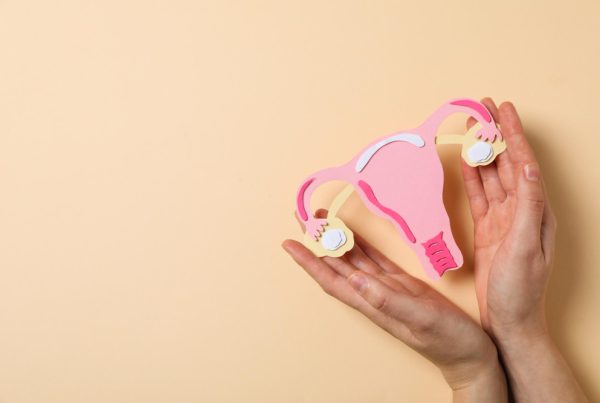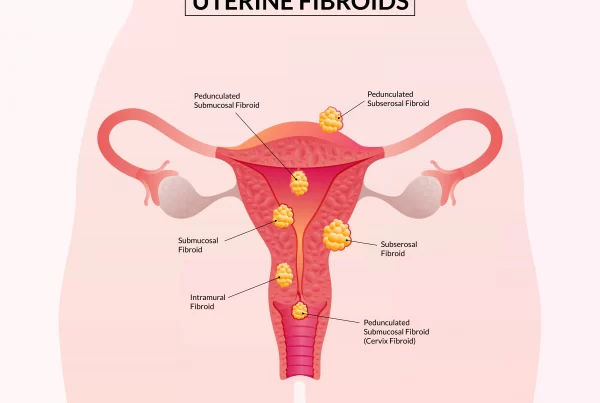
The vagina is an intimate region that all women are concerned about. Yet, many ladies are uncomfortable to talk about it with their gynaecologists even when there are some potential problems. This week, Dr Watt Wing Fong, from The Obstetrics & Gynaecology Centre at Gleneagles Medical Centre, shares everything she knows about keeping your vagina healthy as well as give you some useful tips on the prevention of vaginal infection.
How Should I Clean My Vagina?
The vagina is a self-cleaning organ, so to keep it clean, all you need to do is simply use some warm water to wash the external area of the vagina. If you want to, you can use a mild soap. There is no need and is even not advisable to use strong antiseptic washes as these can disrupt the normal, healthy vaginal environment.
Douching is also not recommended as it can actually wash away the good bacteria in the vagina and disrupt the normally acidic environment, which helps protect the vagina from infections. Feminine washes may be useful but are only recommended for use in the case of an infection.
How Do I Tell If I Have a Vaginal Infection?
- Excessive vaginal discharge
- Vaginal itching
- Smelly discharge
- Soreness in the vaginal area
- Abnormal vaginal bleeding
Vaginal discharge can often be an indicator if your vagina is healthy or if you have an infection. Healthy vaginal discharge is usually clear to milky white in colour and is odourless.
What Causes a Vaginal Infection?

The 3 most common causes of a vagina infection are yeast infections, bacterial infections (bacterial vaginosis) or parasitic infections (trichomoniasis). Vaginal discharge differs depending on the type of infection.
Infection |
Type of Discharge |
|---|---|
Yeast Infection |
White curdy cottage cheese like discharge |
Bacterial Infection (Bacterial Vaginosis) |
Greyish discharge with a fishy smell |
Parasitic Infection (Trichomoniasis) |
Greenish discharge |
It is important to note that it is possible to get a vaginal infection under ordinary circumstances like having your period or after sexual intercourse. Menstruation blood and semen alter the vagina environment as they are alkaline, as opposed to the vagina which is normally acidic. When the vagina becomes less acidic, this can increase the risk of vaginal infections.
What Vaginal Infection Treatment Should You Get?

Prior to treatment, your gynaecologist will typically perform a vaginal swab test to determine the type of infection so as to prescribe the appropriate medication, for example:
- Yeast infection: Antifungal medication is prescribed. This can be in the form of creams, oral medication or sometimes a pessary that is inserted into the vagina.
- Bacterial infection: A course of antibiotics is prescribed and can be in the form of oral tablets or a pessary to be inserted into the vagina.
- Parasitic infection: A course of antibiotics is required.
If you think you may have a vaginal infection, do not hesitate to see a gynae so appropriate tests and treatment can be given.
How Can I Prevent Vaginal Infection?
Vaginal infections are often recurrent. Dr Watt has often faced women who come back with recurrent attacks. She lists some simple steps one can take to avoid recurrent infections:

1. Maintain proper hygiene in the private area. Use warm water and/or mild soap to clean the area and avoid strong antiseptic washes and douching.
2. You can consider using feminine washes when you have your period or after you have sexual intercourse so that the acidic environment of the vagina can be restored. This is because semen and menstruation blood is alkaline.
3. Do not use panty liners if possible. The use of panty liners will increase the chances of a vaginal infection as it results in the private area being warm and moist. Thus favouring the growth of yeast or bacteria. If you do need to use a panty liner, do change it very frequently.

4. Wear loose cotton panties to ensure adequate ventilation in the private area.
5. After going to the toilet to make sure you clean your private area properly. Clean from front to back to prevent any bacteria that may be introduced to the vagina.
6. For women who are not planning on having a baby, a condom should be used when having sexual intercourse.
7. A healthy lifestyle and a balanced diet are highly recommended. Avoid a diet that is too high in sugar content and simple carbohydrates as sugars actually favour the growth of yeast.
8. Women should have adequate rest and exercise and increase probiotics intake (e.g.yoghurt or fermented milk such as kefir). Having a good immune system will help keep a vaginal infection in check.

Following these steps will not only keep your vagina clean and healthy but also decrease your chances of getting a vaginal infection. If you do suspect you have a vaginal infection, make sure to give your gynae a visit!



